Reverse Engineering and Rapid Prototyping Lab
1232.jpg?sfvrsn=5f9cfd5d_1)
Director:
Dr. Usman Ali
Email: usman.ali@kfupm.edu.sa
Lab Technicians:
Location: Bldg-1 Room-159
Phone : +966-3-860-91949
Introduction:
Reverse Engineering and Rapid Prototyping Lab is actively contributing in teaching and research activities of Mechanical EngineeringDepartment in the field of rapid prototyping for both students(undergraduate, MS, and PhD ) and research and design projects of faculty. The lab provides opportunities to realize complex and innovative designs rapidly with a variety of in-house technologies
Mission: Providing knowledge and skills to the students, and researchers of KFUPM to learn and utilize rapid prototyping processes and technologies in their design and research activities.
Courses Supported:
ME 210 (ME Drawing and Graphics)
ME 322/323 (Manufacturing Processes / Manufacturing Lab)
ME 406/407 (Manufacturing and Design / Advance Manufacturing Lab)
ME411/ME412 (Senior Design Project I /Senior Design Project II)
ME414/ME415 (Design Project / Design Project I)
ME416 (Design Project II)
ME 462 (Reliability Mech Engineers)
ME606 (Independent Research)
ME610 (M.S. Thesis)
- Facilities
- Lab Equipment
Polymer Vacuum Casting Machine (MK Technology)
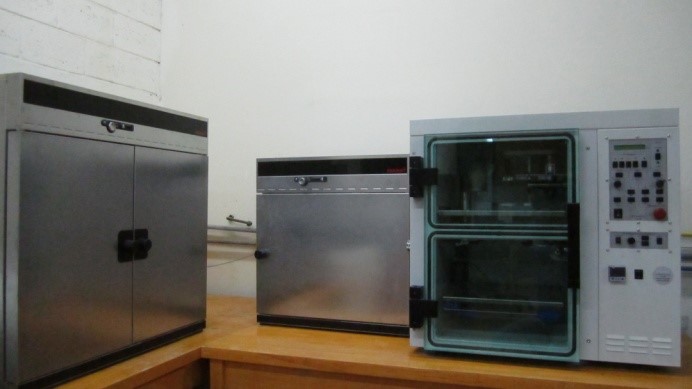 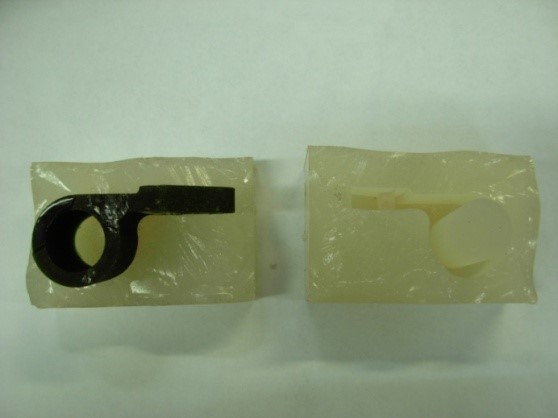 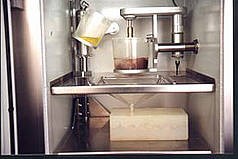 | Maximum casting weight: 1.400 g Maximum mould size: 450 x 470 x 400 mm Mixing Unit With transparent and reusable cups and funnels · Volume: Cup A 700 ml – cup B 1400 ml |
Z-Printers (3-D Printers)
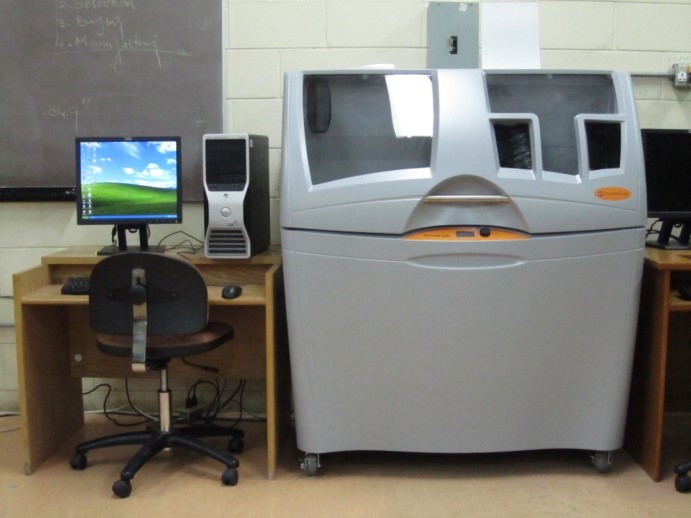 | Printer 450 The Z450 Full Color 3D Printer Build Speed: 2 - 4 layers per minute Build Size: 8” x 10” x 8” (203 x 254 x 203 mm) Layer Thickness: User selectable at the time of printing; 0.0035”-0.004” (.089-.102 mm) Resolution: 300 x 450 dpi Print Heads: Two (one tricolor, one clear) Material Options: High performance composite. Equipment Weight: 425 lbs. (193 kg) |
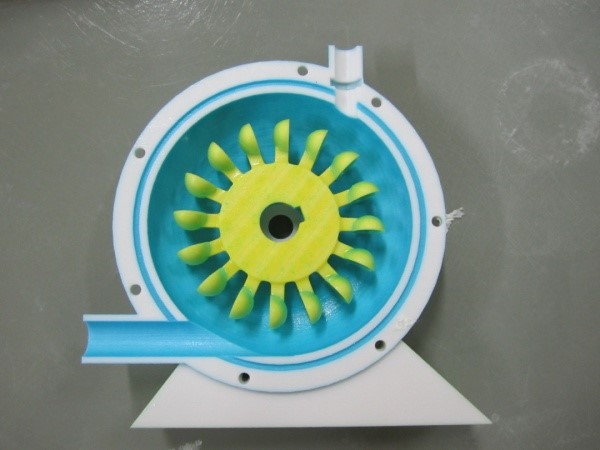 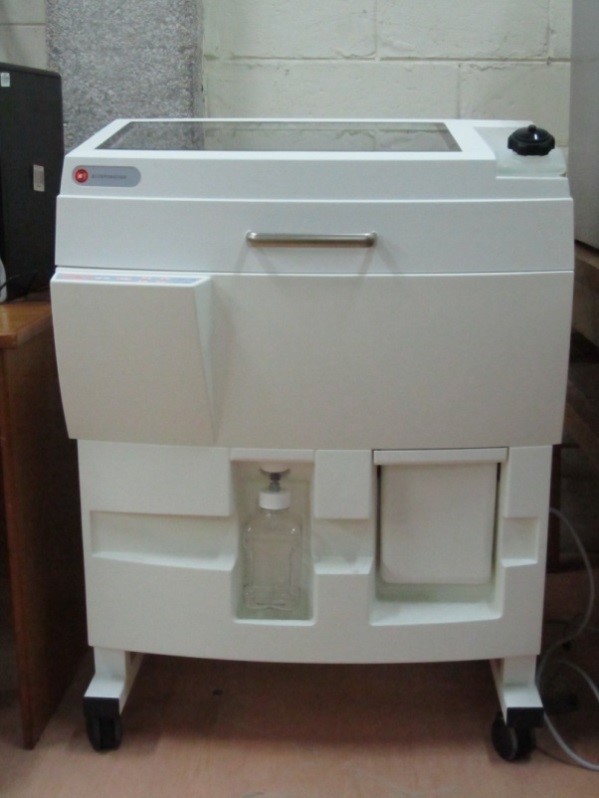 | Printer 310 Plus Monochrome - #D Printer Features Color: Monochrome Resolution: 300 x 450 dpi Vertical Build Speed: 1.0 inch/hour (25 mm/hour) Build Size: 8 x 10 x 8 inches (203 x 254 x 203 mm) Material Options: High Performance Composite, Direct Casting , Elastomeric, Investment Casting Layer Thickness: 0.0035 - 0.008 inches (0.089 - 0.203 mm) Number of Jets: 304 Specifications · File Formats for Printing: STL, VRML, PLY, 3DS, ZPR |
LOM (Laminated Object Modeling)
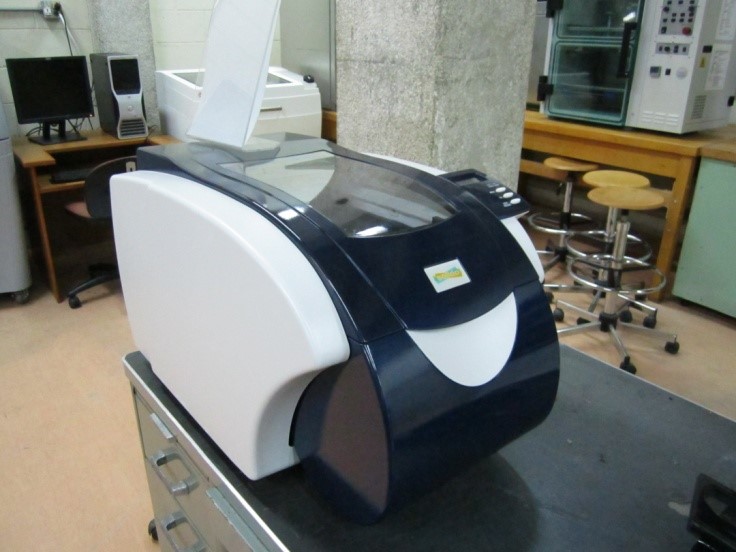 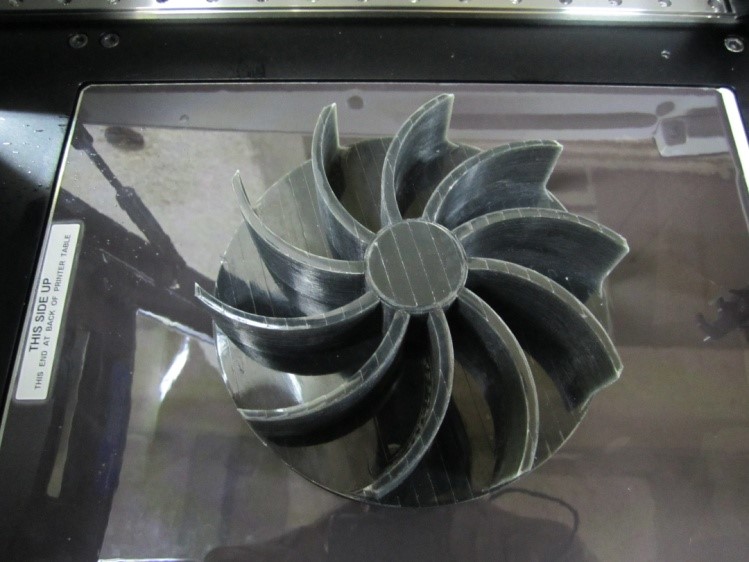 |
|
FDM TITAN (Fused Deposition Modeling)
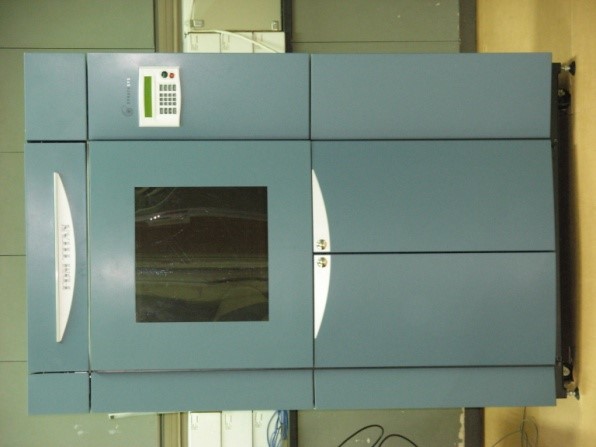 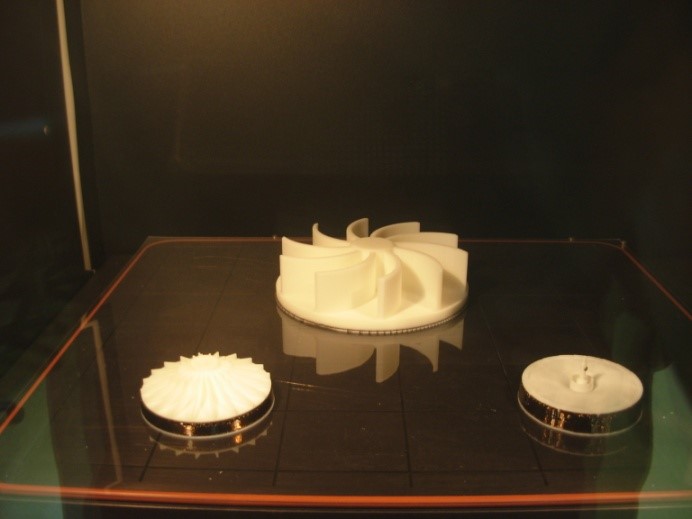 | Build Envelope 16 x 14 x 16 inches (406 x 355 x 406 mm) Materials ABS, ABSi, PC, PC-ABS, PC-ISO, and PPSF Layer Thickness 0.013 inch (0.33 mm) 0.010 inch (0.254 mm) 0.007 inch (0.178 mm) 0.005 inch (0.127 mm) Material Loading Capacity Two auto load canisters 92 cubic inches (1508 cubic cm) Achievable Accuracy Models are produced within an accuracy of +/- .005 inch (+/- .127 mm) up to 5 inches (127 mm). Accuracy on models greater than 5 inches (127 mm) is +/- .0015 inch per inch (+/-.0015 mm per mm). Note: Accuracy is geometry dependent |
FARO & Laser Scanner
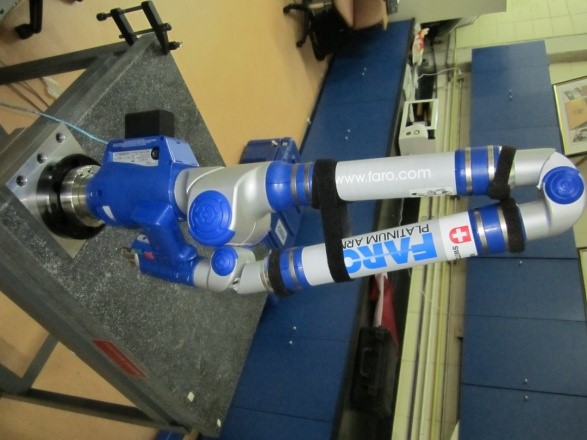 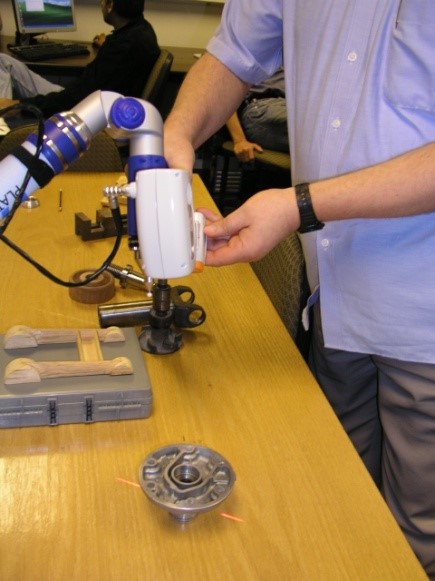 | The FaroArm Platinum is 7 axis portable high accuracy CMMs, Uses CAD-to-Part-analysis on parts, fixtures and assemblies with previously unheard of precision. Point Cloud data Reverse Engineering Model (Measuring Range) = 6 ft. (1.8 m) Single Point Articulation .0008 in. (.020 mm) Performance Test (Max-Min)/2 .0010 in. (.026 mm) Volumetric ±.0011 in. (.029 mm) Maximum Deviation ±.0015 in. (±.037 mm) |
o Software
- MAGMA (Casting Simulation )
- Solid Works
- CAMworks
- Geomagic
Magma Soft
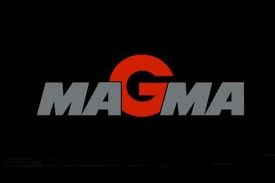 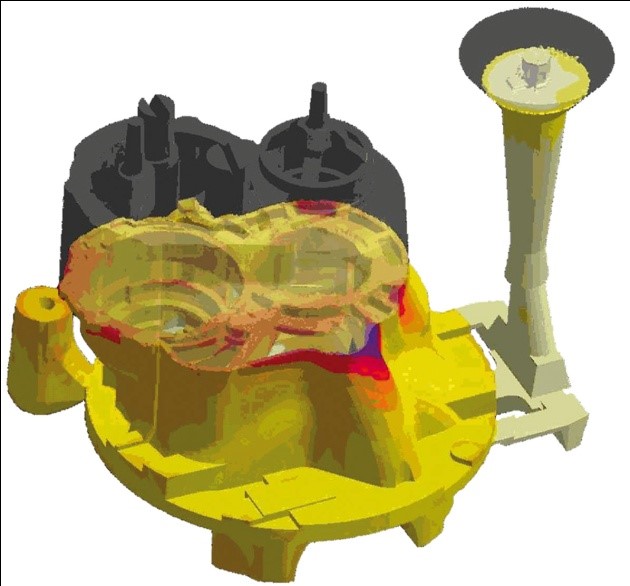 | MAGMASOFT is a comprehensive simulation tool, for the technological, and quality focused, production of castings, worldwide. Its simulation capabilities, provide a better understanding, of mold filling, solidification, mechanical properties, thermal stresses, and distortions, and much more. MAGMASOFT also helps to avoid gating, and feeding problems, predict casting quality, aids permanent mold design, and reduces fettling costs. MAGMASOFTprovides a complete solution for design, production, and quality departments. |
Projects
o Research Projects
- Rapid Casting of Non Ferrous and Ferrous Parts by Deploying Innovative Pattern and Mold Making Technologies Using Green Sand, Plaster/Ceramics and Polymers. duration : August-2010 to January 2013 (08-ADV71-4)
- Investigating the Failure Cause(s) of Bevel Gear of a Large Polymer Extruder( Industrial Project)
- Feasibility Study Of Enhancing Photovoltaic Cell Output With A Non-Imaging Concentrator For Water Heating/ Desalination ( Nature of Project)
o Faculty /Students Projects
- Graduate Projects (ME 610)
- MSc Theses “Improving quality and productivity of casting Process by using advanced simulation and Rapid prototyping technology”
- Under Graduate projects (ME411/ME412 / ME415)
Semester 091:
- Pattern And Mold Design For Non-Ferrous Metal Castings
- Sand Casting Design For Ferrous Materials
- Advanced Simulation and Rapid Prototyping Technology in Lost Foam Casting
Semester 092:
- Design of Optimized molds for making quality metal casting Products
- Soft tooling (Silicon Molds) Design and use of Rapid Prototyping Technologies in Polymer part production
Semester 093:
- Design Issues in Using Rapid Prototyping Technologies in Metal Casting Processes
Semester 111:
- Spin casting process and tool design for quality part production for low melting alloys
Semester 112:
- Mold Design and Quality issues in Spin Casting Process of Zinc Alloys
Events and Activities
- Magma Seminar, seminar and training on metal casting simulation “Metal Casting simulations-Quality and productivity improvements by MAGMASOFT”, KFUPM, Feb 7 to Feb 12th 2013